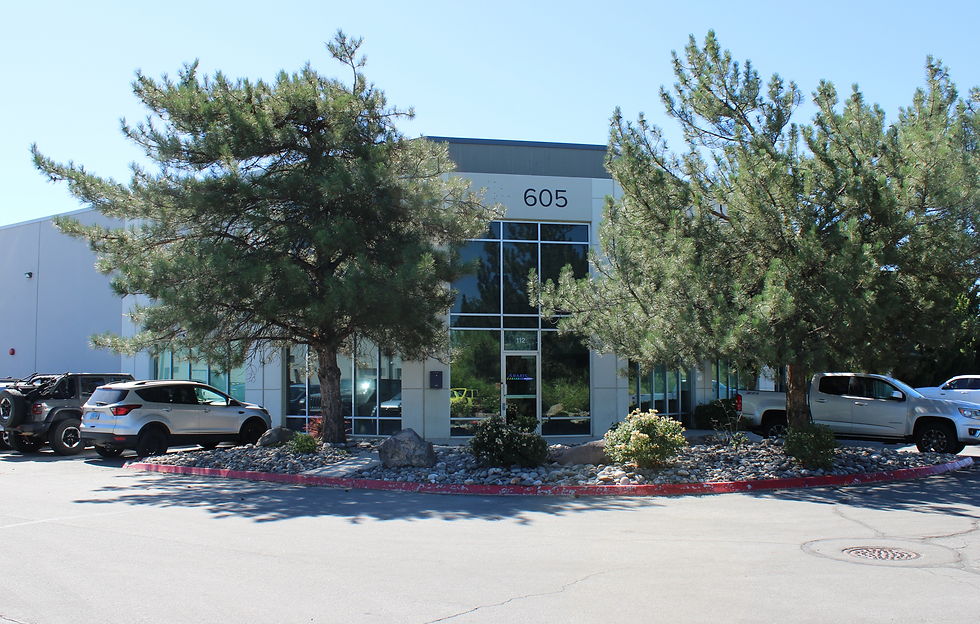Training in Composite Mold Fabrication for Production and Repair
- lou8952
- Sep 6, 2024
- 2 min read

Abaris has been offering advanced composite tooling training since 1989 and have updated our (M-6/R-7) Mold Fabrication course in recent years to best serve our customer needs. This course is offered three times per year in our Reno, Nevada facility in the spring, summer, and fall months so that everyone can find a good time to take this class.
Here are the course details:
Course Length: 5 days
Prerequisites:
M-1/R-1 Advanced Composite Structures: Fabrication and Damage Repair - Phase 1 course, or equivalent (5 year min) experience with advanced composite materials and processes.
(*Please contact Abaris for equivalency test criteria and evaluation.)
Summary:
This course is hands-on in nature and is designed for tooling engineers, tool designers, tool fabricators, or anyone else that has a desire to learn about designing and building molds and fixtures using advanced composite materials.
Introduction:
In this course the students will learn about tool design techniques that contribute to both dimensional stability and tool longevity. After discussing basic concepts in the classroom, the students are encouraged to apply these lessons in the workshop to see for themselves how simple ideas can greatly improve tool quality.
Molds and fixtures are fabricated in class from existing master models, patterns, or parts using the latest materials and techniques – using Toray/AmberTool® low-temp curing carbon prepreg materials for fabricating molds that can later be post-cured for use at elevated temperatures.
Room temperature curing wet resins and dry fabrics are used for making intermediate transfer patterns and trim and drill type fixtures.
AmberTool® is a registered trademark of Toray.
Key Lecture Topics:
The tooling family; from master model to molded part.
Tool codes/designations.
Prototype vs. production tooling.
Making tooling from existing parts.
Complex vs. simple geometries.
Indexing and part to tool coordination.
Realistic part and tool design tolerances.
Thermal properties; Coefficient of Thermal Expansion (CTE).
Springback allowance.
Integrated stiffening techniques.
Backup structure materials and design.
Damage prevention through design.
Vacuum and pressure integrity issues.
Lightweight tool-design concepts.
Mold fabrication considerations: ply orientation and layup techniques.
Tool repair materials and procedures.
Permanent vacuum bags and semi-rigid caul tooling.
Application of semi-permanent seal and release systems.
Workshop Exercises:
Preparation of a master-model, permanent pattern, or an existing part for use in tool-laminate fabrication.
Mockup fences and decks for molding stiffening flanges.
Add indexes and other pertinent design features.
Fabricating a carbon fiber mold using the latest low-temperature curing tooling prepreg from Toray Advanced Composites.
includes bagging and cure processes and procedures.
Fabricating glass-epoxy fixture laminates using wet-layup materials, methods and techniques (Time Permitting).
Please visit our “Downloads” page for current class schedules.
We hope to see you at our facility in Reno, NV in the near future!




Comments